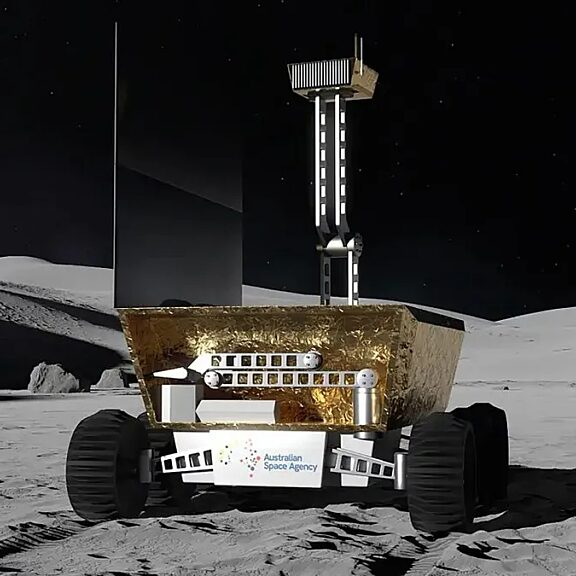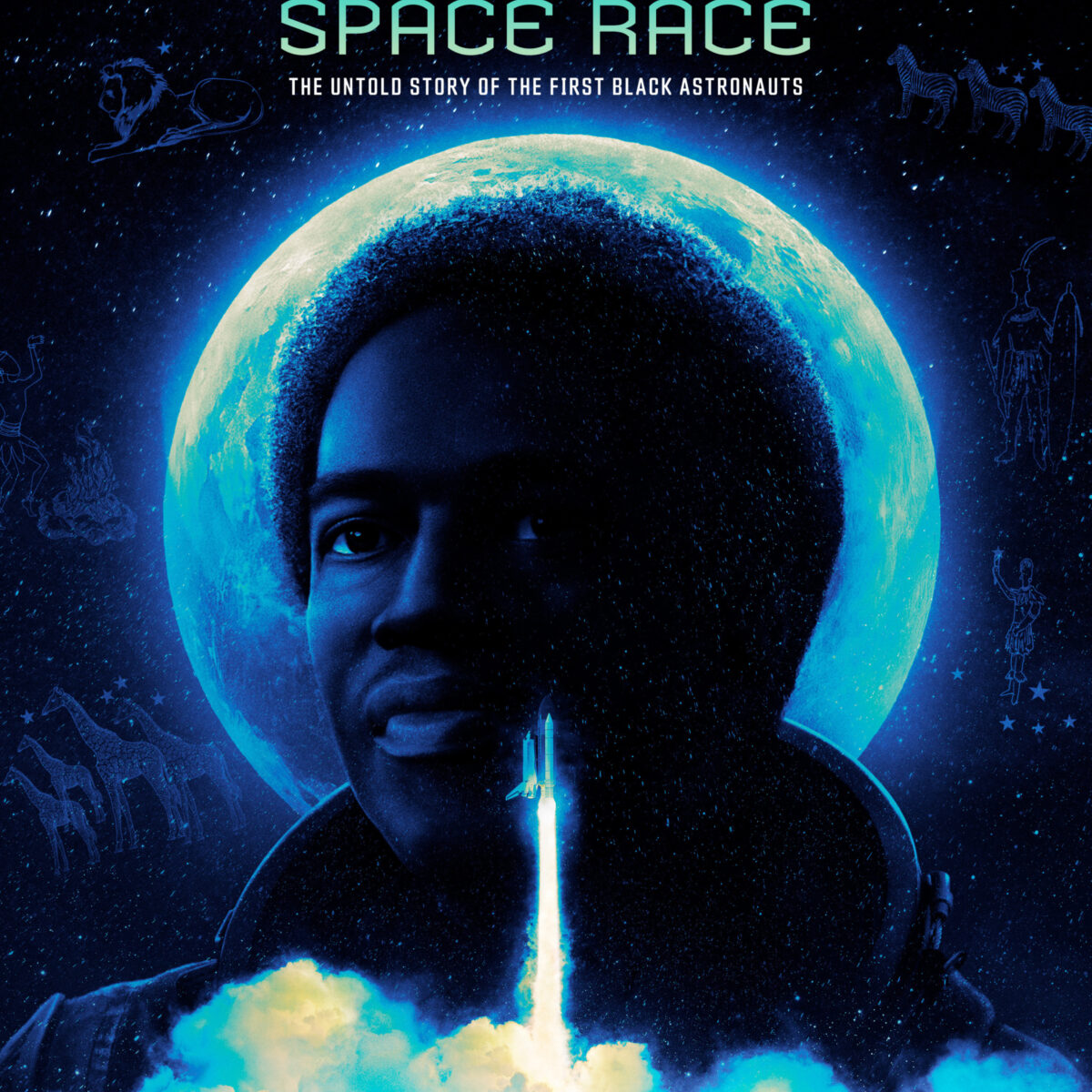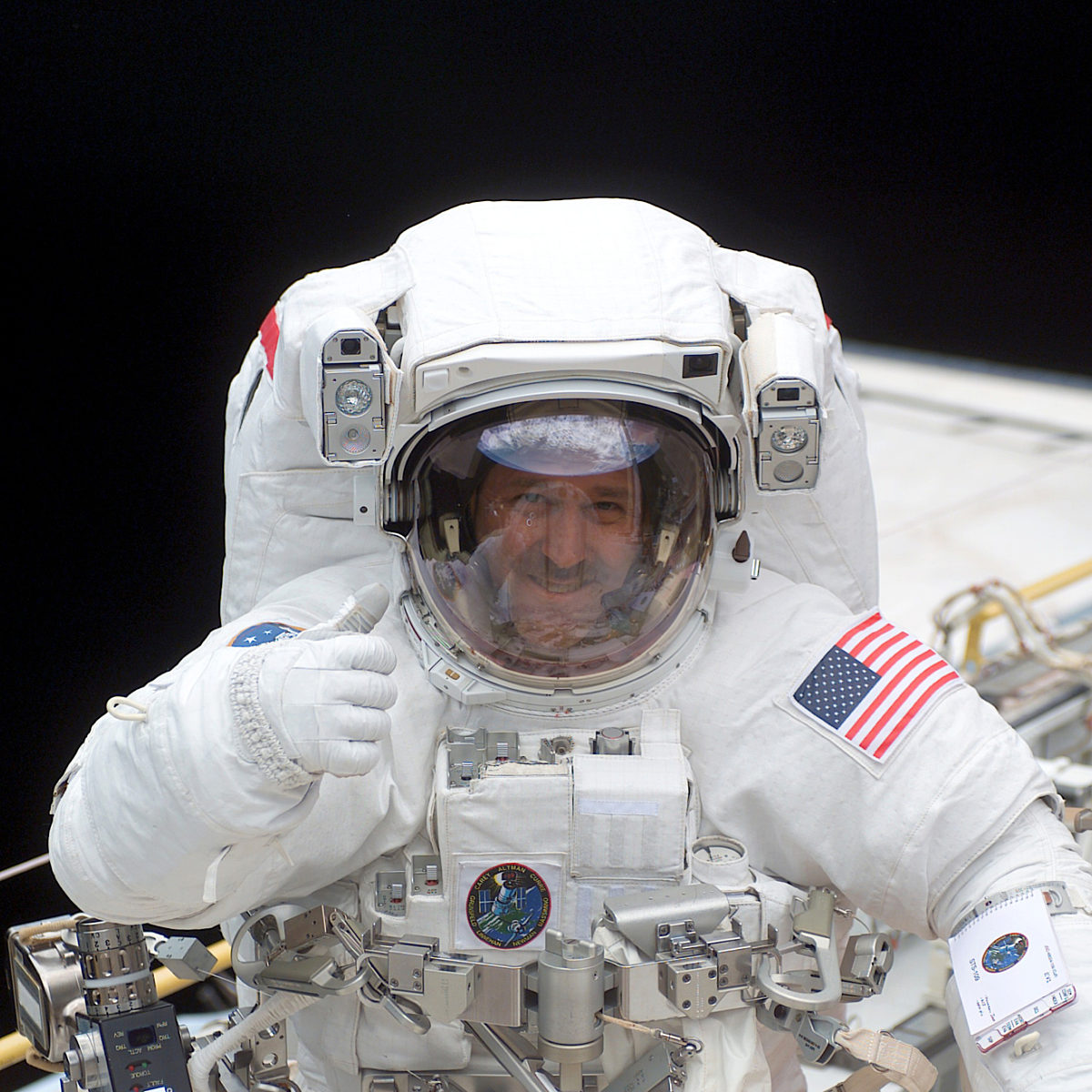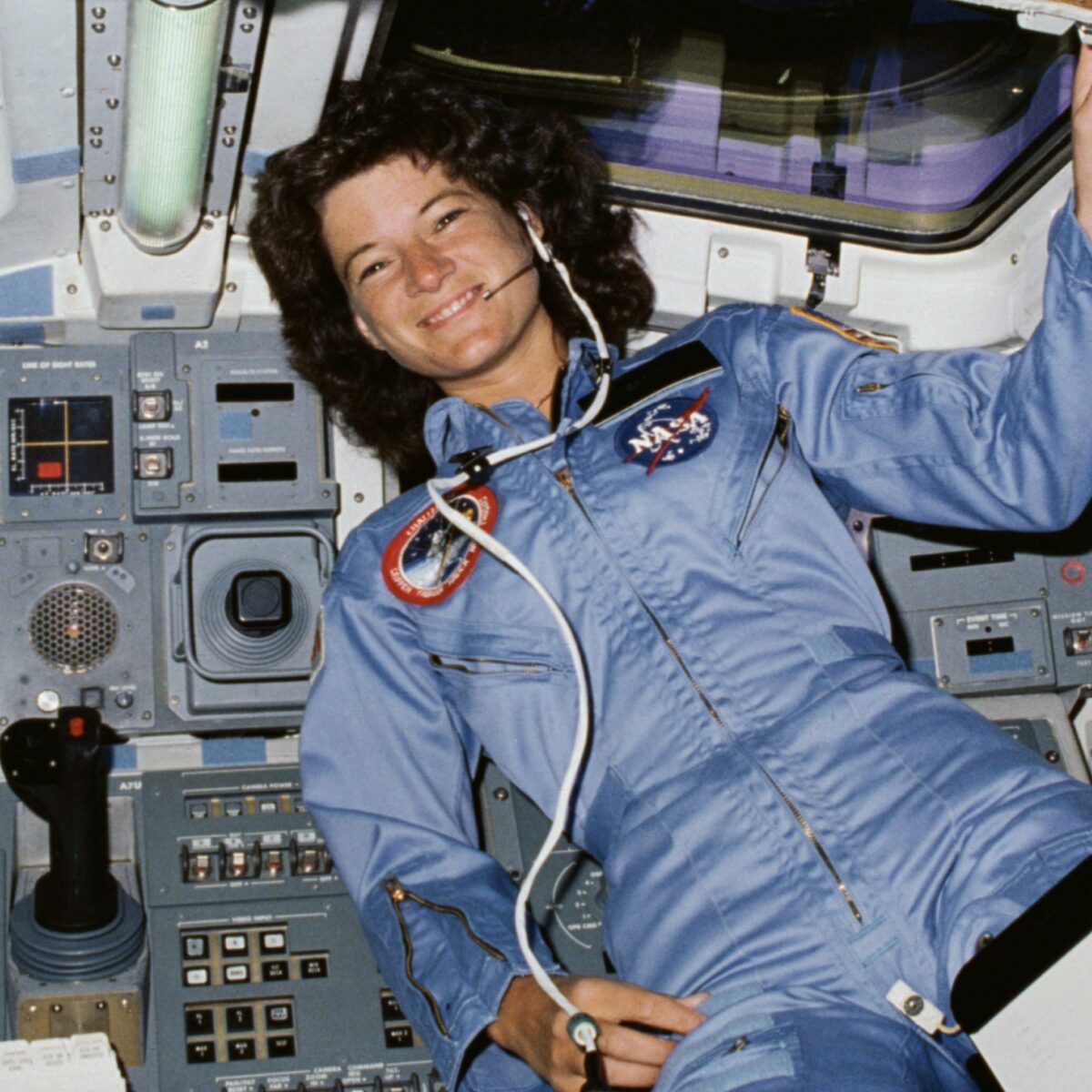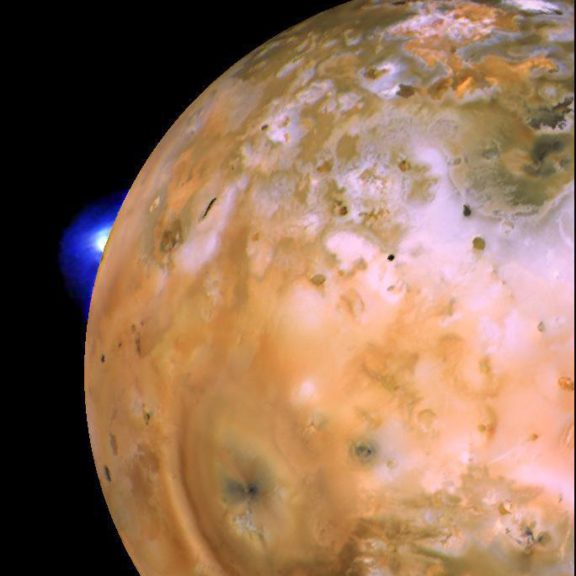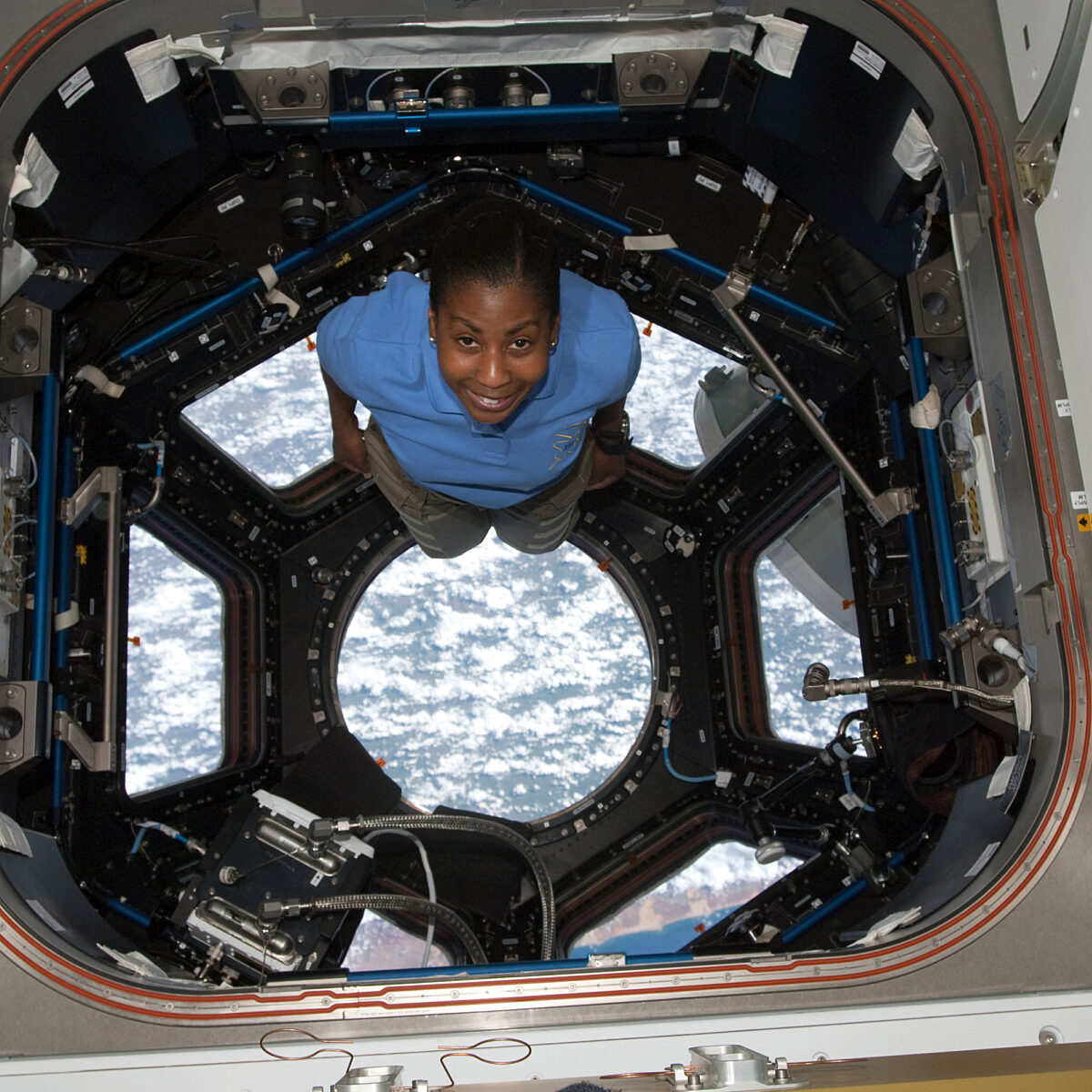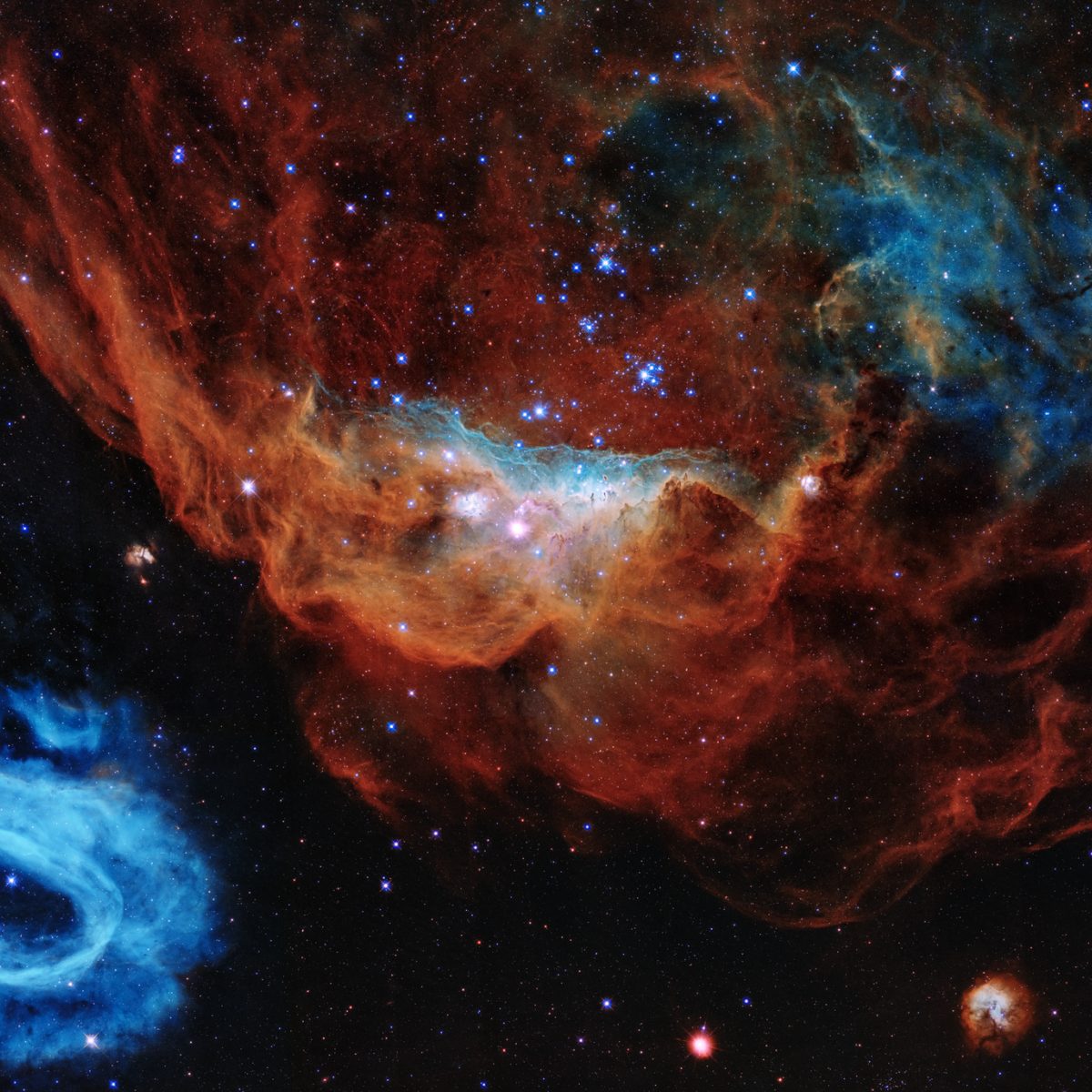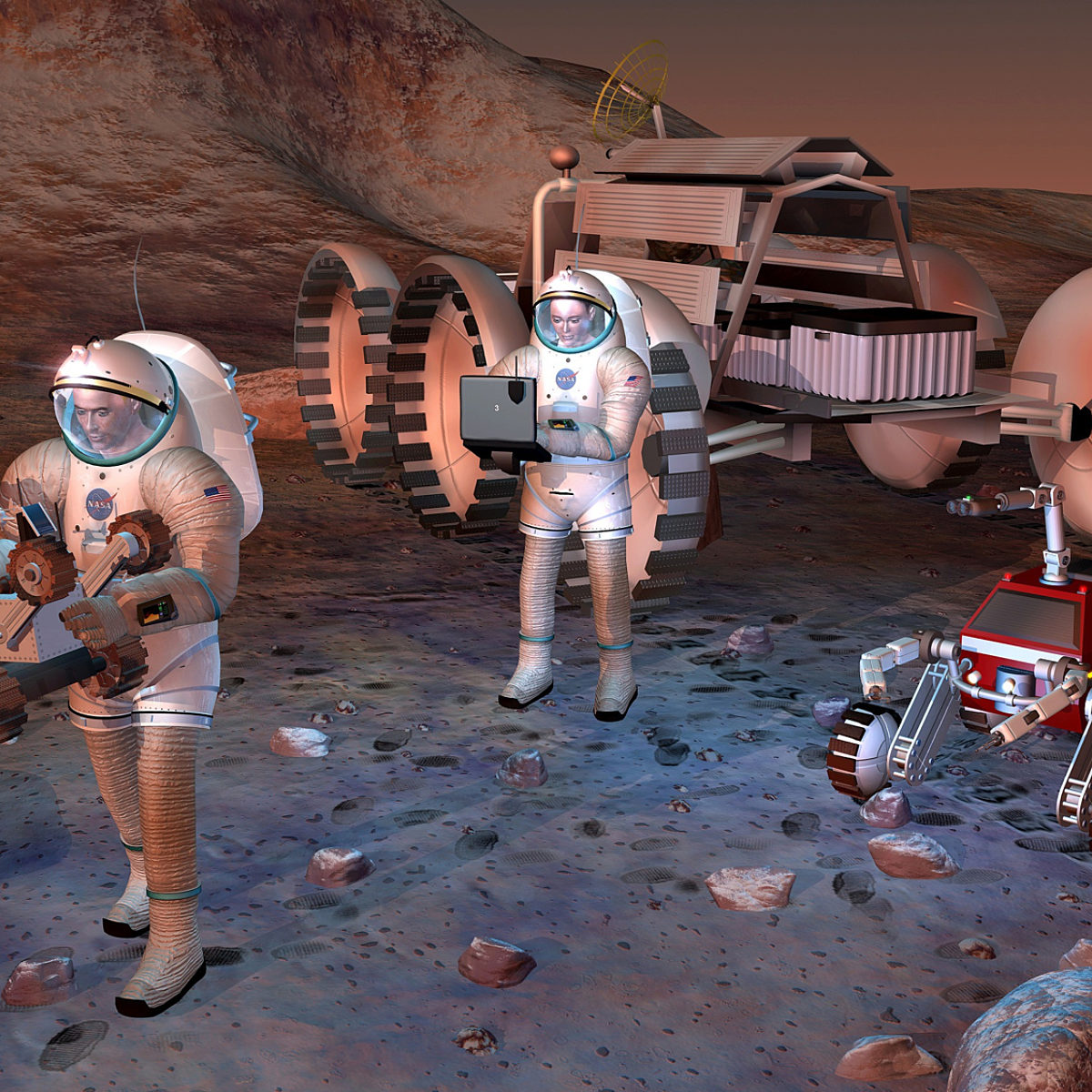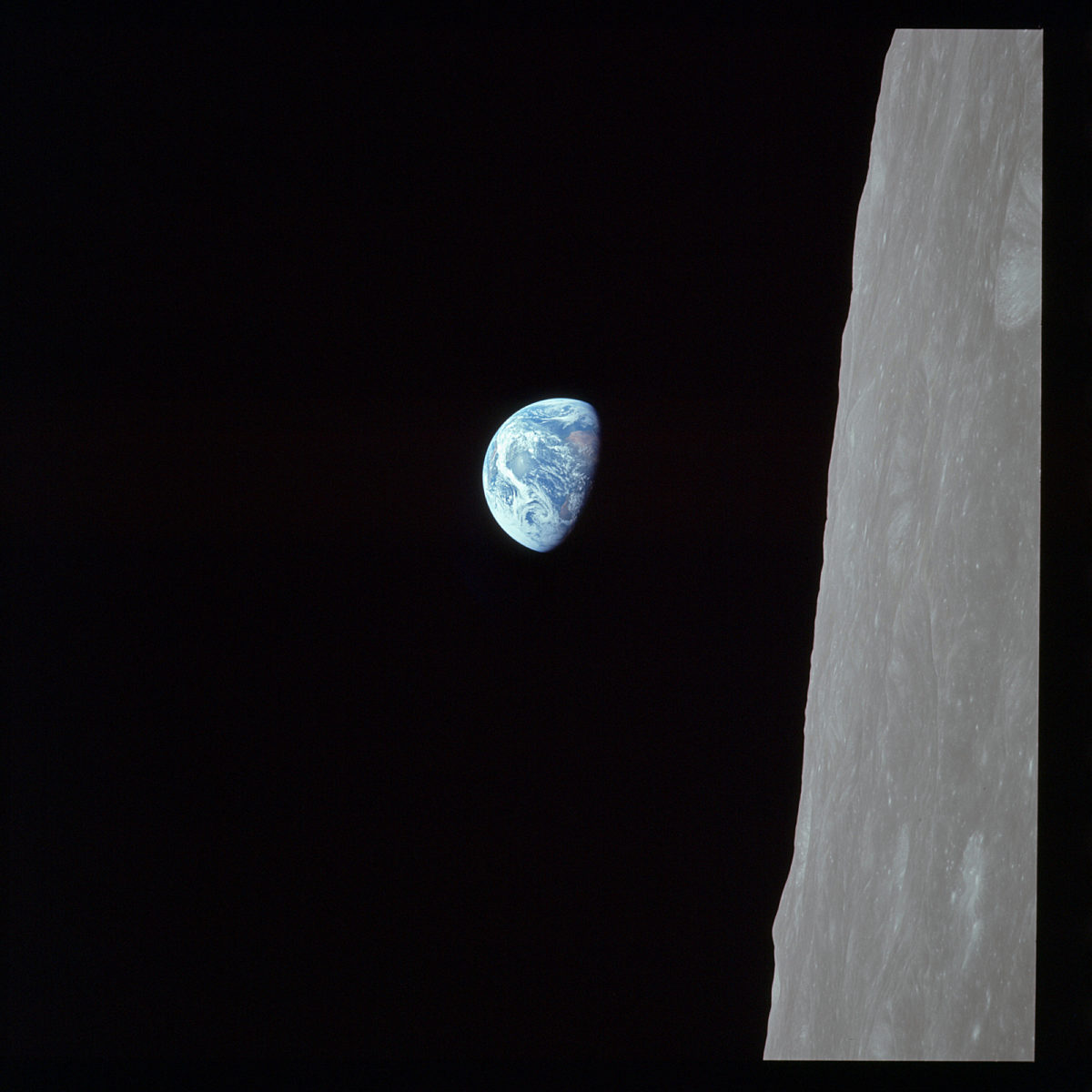Since 2002, Planetary Radio has visited with a scientist, engineer, project manager, advocate, or writer who provides a unique perspective on the quest for knowledge about our Solar System and beyond. The full show archive is available for free.
Search Planetary Radio
Newton Campbell Jr., the director of the Australian Remote Operations for Space and Earth (AROSE) Consortium, discusses his career journey, AI in space, and Australia's first lunar rover, the Roo-ver.
Kelly Biderman, the CEO of Havoc Robotics, joins Planetary Radio to share how the National Havoc Robot League helps to prepare the next generation of space engineers. Then we hear from Florence Pouya, the former captain of the Afghan Girls Robotics Team.
Former NASA Administrator Mike Griffin discusses his claim that there is a tension between the so-called Real reasons that motivate spaceflight and the prosaic, Acceptable reasons used to justify space exploration within the public sphere.
This week on Planetary Radio, we take a peek behind the scenes at National Geographic's new documentary, “The Space Race,” which celebrates the triumphs and struggles of the first African-American space pioneers and astronauts.
Jet Propulsion Laboratory Director Laurie Leshin wants to give every brain in the country the opportunity to work in space exploration.
Astrophysicist, former astronaut and NASA associate administrator John Grunsfeld on human exploration of space and the science we will do there.
A first-ever encore of our wonderful conversation with the first American woman in space.
Robert Crippen and John Young became the first humans to fly a space shuttle into orbit when Columbia launched on April 12, 1981.
Composer Amanda Lee Falkenberg is joined by Cassini project scientist Linda Spilker and retired astronaut Nicole Stott as she shares excerpts from The Moons Symphony.
18 astronauts on the Artemis Team have a shot at walking on the Moon, and Stephanie Wilson is one of them.
Astrophysicist and former astronaut John “Hubble Repairman” Grunsfeld looks back over three decades of beautiful science and inspiration delivered by the Hubble Space Telescope.
Did the public support Project Apollo? Dr. Emily Margolis joins the show to explore the domestic politics and cultural impact of the space age throughout the 1960s. Despite the success of the lunar landings, there was more opposition to Apollo than we generally remember.
Poppy Northcutt was a pioneer—the first woman to work as an engineer in Apollo Mission Control. The program she helped to create got the astronauts back to Earth. Fifty years later, she sits down with Mat Kaplan for a look back.
Space historian Dr. Roger Launius joins the show to explain why Apollo happened the way it did, how a moonshot briefly became a solution to a national security problem, and why it is unlikely to happen again.
This year’s Humans to Mars Summit in Washington D.C., once again ended with a panel of Martian all-stars talking about their hopes for a future that includes the Red Planet. Planetary Radio host Mat Kaplan leads the inspiring and entertaining discussion.
The last few days have seen developments that will shape the space exploration plans of Canada and the USA. The Planetary Society’s Kate Howells is a member of Canada’s Space Advisory Board. She reviews the nation’s new space policy.
Historian John Logsdon discusses his new book, Ronald Reagan and the Space Frontier It explores the legacy of the 40th president’s major space policy decisions. We look at four major topics: early efforts at commercializing space, the survival crisis for planetary exploration, the Space Shuttle, and the decision to build the space station.
This is the 50th anniversary of the most audacious space mission in history. Apollo 8 blazed a path for the first moon landing seven months later, and gave a troubled nation reason for hope and pride.
You haven’t seen the best pictures from the Apollo era and other great space achievements till you’ve seen them in 3D. Queen guitarist and astrophysicist Brian May is also mad about stereoscopic imagery.
The Dean of space policy, John Logsdon, returns with stories and a new book of original documents that shaped the US space program from the birth of NASA to SpaceX. Planetary Society CEO Bill Nye reports in from this year’s International Astronautical Congress in German, while Senior Editor Emily Lakdawalla wraps up a working tour of New Zealand. Then join Bruce and Mat for this week’s What’s Up.


 Explore Worlds
Explore Worlds Find Life
Find Life Defend Earth
Defend Earth


